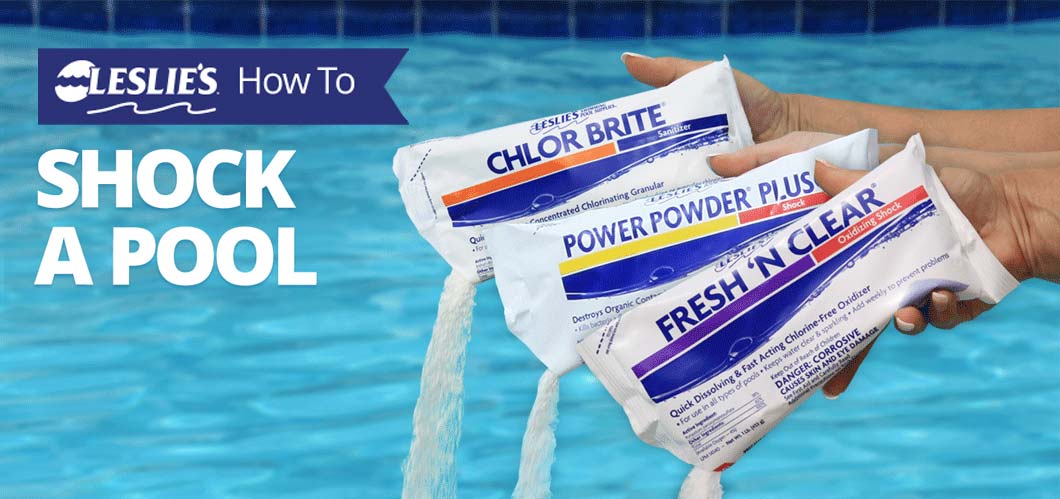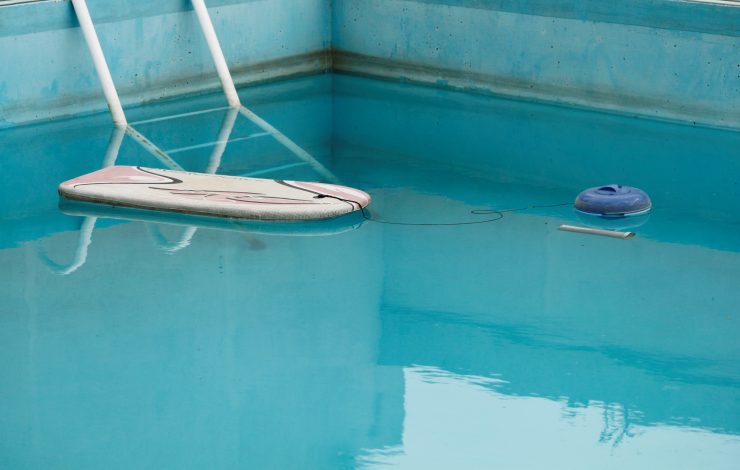free chlorine low after shocking pool
The ideal level for free chlorine is 3 ppm parts per million. Chlorine free shock has a neutral pH and will not affect any of your pool chemical levels.
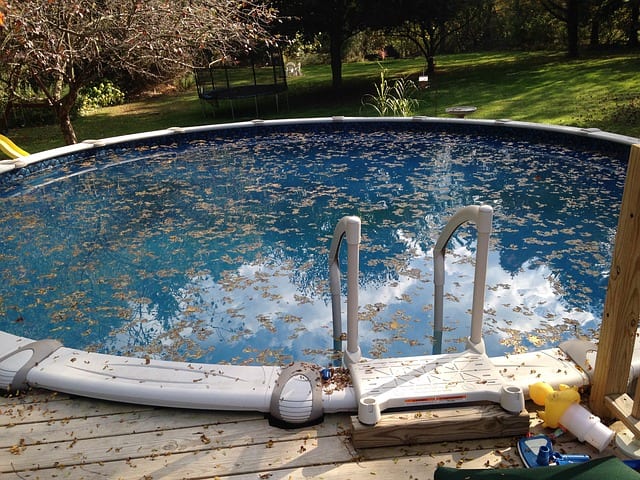
7 Causes Of Chlorine Loss In Swimming Pools How To Prevent It
Not having enough chlorine in your swimming pool will also cause the little bit of chlorine thats in there to be used up faster too.
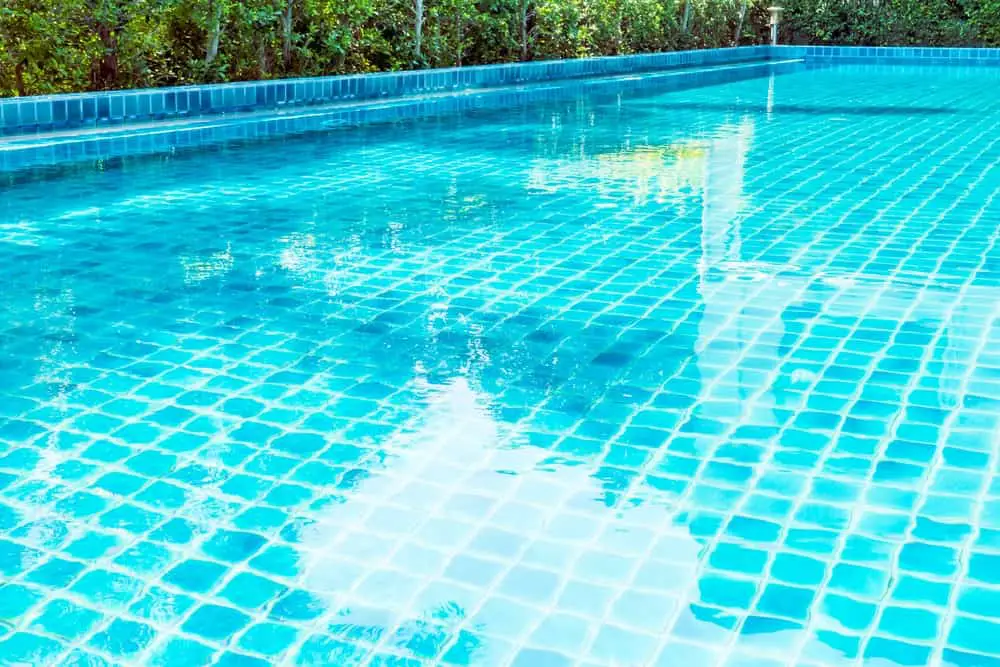
. First you will need to test your cyanuric acid level. Called Potassium Monopersulfate this is a chemical used when you dont want or need chlorine to shock the pool entirely. When your CYA creeps above this range thats when it goes from an aid to an inhibitor.
Bring your chlorine levels to 20ppm or three times higher than the current levels. I have a 18 foot round pool and I seem to be having chlorine demand I test the water and I get no chlorine reading I took a sample to a local pool store and they said my total chlorine was at around a 3 and my free was at 0 my ph and alkalinity reading are fine my cya is a little high at 80 but it read that last year and didnt have this problem I added powder chlorine. If the combined chlorine is 07 ppm you should raise the free chlorine to about 7 ppm.
We recommend using a non-chlorine oxidizing shock until your free and total chlorine reads the same. This substance is what fights bacteria and other contaminants. The over night loss of 10 is to see if something besides the Sun is getting your free chlorine.
Not all day over the course of 24 hours. You cannot shock a pool now and then. For shocking it should be between 72 and 76.
We typically see more pools with a high demand for chlorine during spring opening season. Low level of chlorine. Even acid rain and other biomatter getting into your pool will cause free chlorine levels to drop.
You test after Sundown and again before sunrise to find out. Generally after shocking your pool you should wait to swim at least 8-12 hours until chlorine levels come back to normal 1-3ppm. If your total chlorine level is high you will use a non-chlorine shock.
Evening or night is the best time to shock the pool. Very much over or under that can cause some problems. To be certain the chemical work properly when shocking your pool always add chlorine shock after the sun has gone down.
If your total chlorine level is high you will use a non-chlorine shock. Another method of breaking chlorine lock is shocking your pool. The way free chlorine is formed is by dissolving into hypochlorous acid combining with oxygen and forming hypochlorite.
You can follow the calculation here to determine the amount of shock you should add to your pool. Aug 04 2021 pool shocking raises the pools chlorine level and is a necessary step in keeping the pool clear of combined chlorine molecules also called chloramines. While it lacks chlorines power it doesnt impact the waters pH and alkaline levels as much and can make the water safe for swimming in under 15 minutes.
Our shock procedure is sustained until all those criteria you read about are met. For normal use your pools pH should be between 74 and 76. Correspondingly why is my free chlorine low.
As a rule you will need to raise free chlorine to 10 times your combined chlorine to hit what is known as break point Therefore it is good to deal with combined chlorine while it is still small. Shocking after parties or other unexpected contaminations is highly recommended to keep the water sanitized. Unless the water has a sufficient free chlorine level algae will grow and make your pool green and cloudy.
Continued low readings when salt levels and chlorinator runtime are adequate could mean that the pump isnt circulating water properly or that the generator cells are coated with scale or simply worn out. Keep in mind if you have a lot of bacteria and algae build-up then you might have to increase the quantity of the shock product that you add to the pool. In a glare raising the free chlorine level of a swimming pool above 10ppm to 30ppm should be targeted at the following.
Things that cause low free chlorine levels are excessive sunlight high bather loads and improper water chemistry. Make sure Free Available Chlorine and Total Available Chlorine levels stay within the. Then add a Shock Oxidizer to break up the Combined Chlorine.
Free Chlorine Low After Shocking Pool How To Shock A Pool The Right Way. The third kind of granular shock is chlorine-free. Another viable opportunity to shock a pool is right after there has been a.
Run the pool filter for 8 hours 24 hours for a cloudy pool. Shocking a pool is a process where you add some shocking product in the pool so that the chlorine levels in the pool increase and it gets rid of chloramine and other contaminants in the pool. As a rule you will need to raise free chlorine to 10 times your combined chlorine to hit what is known as break point Therefore it is good to deal with combined chlorine while it is still small.
The reason is most of the people dont use the pool at this period. Best Time To Shock A Pool To Raise Free Chlorine. An imbalance of pH levels can also cause chlorine lock.
Contamination low pH or low chlorine stabiliser levels could cause this situation. After testing your pool consider shocking the pool if the chlorine level falls below two ppm. Therefore you should let it run overnight.
Shocking a pool with a. You can eliminate adverse effects of low chlorine--including chlorine odors cloudy water and algae growth--by shocking the pool. The recommended range for your pools CYA level is 30-50 ppm for traditional chlorine pools and 60-80 ppm for saltwater pools.
Like organics in the pool. Things that cause low free chlorine levels are excessive sunlight high bather loads and improper water chemistry. If theres not enough chlorine in your pool super-chlorinate the water with a chlorine-based pool shock Power Powder Plus 73 or Chlor Brite to get it back on track.
If you still find it difficult to do the calculation simply raise the free chlorine to 10 ppm and allow it. That means that oxidation levels have increased to a point where chlorine is being consumed faster than it can be put in to the water by either shocking or normal applications. Shock Your Pool.
If it is low you will use a chlorinated shock. Next add a pool conditioner until reaching the ideal range 30-50PPM. The process needs about five to six hours to complete.
This is one of the few times that having a high chlorine level is a good thing. The water might appear cloudy the pool walls be slimy or the pool may look relatively OK. Or when the chlorine level doesnt remain stable for more than a couple of days.
Algae exists in different colors mostly black green and yellow. The following simple steps should be performed when a pool has been shocked but the chlorine level never rises. If it is low you will use a chlorinated shock.
Shock your pool when the Free Chlorine FC is low and Combined Chlorine CC is high to raise the FC level to at least 10 ppm.
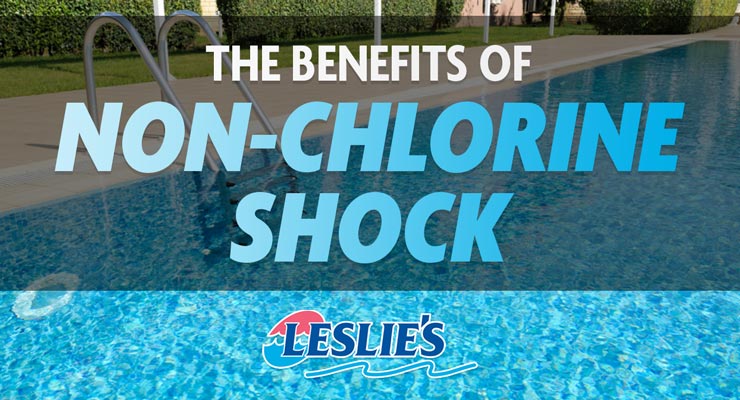
The Benefits Of Non Chlorine Shock

Here S How To Break Chlorine Lock In Your Pool Fast
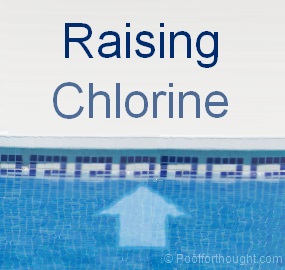
Raising Swimming Pool Chlorine
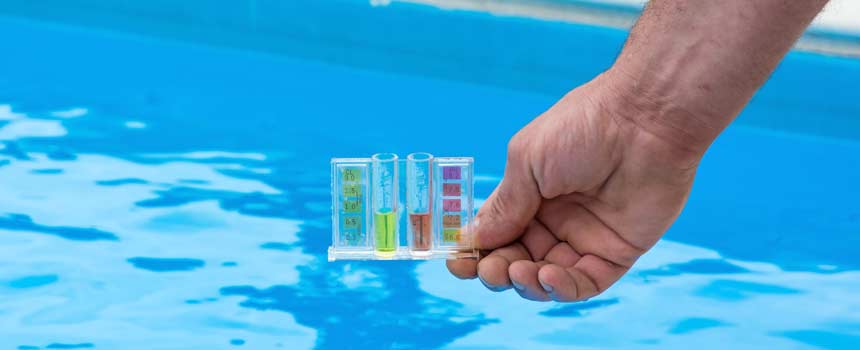
What Is Free Chlorine Combined Chlorine And Total Chlorine Pool Calculator
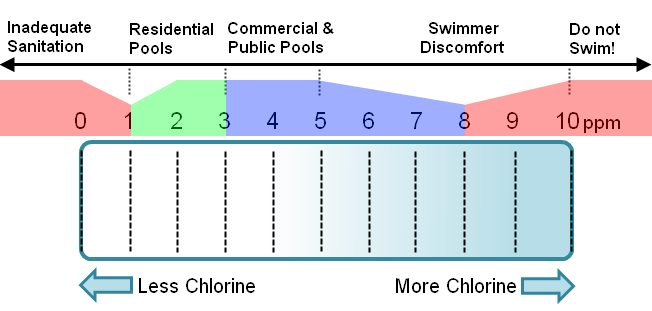
Raising Swimming Pool Chlorine
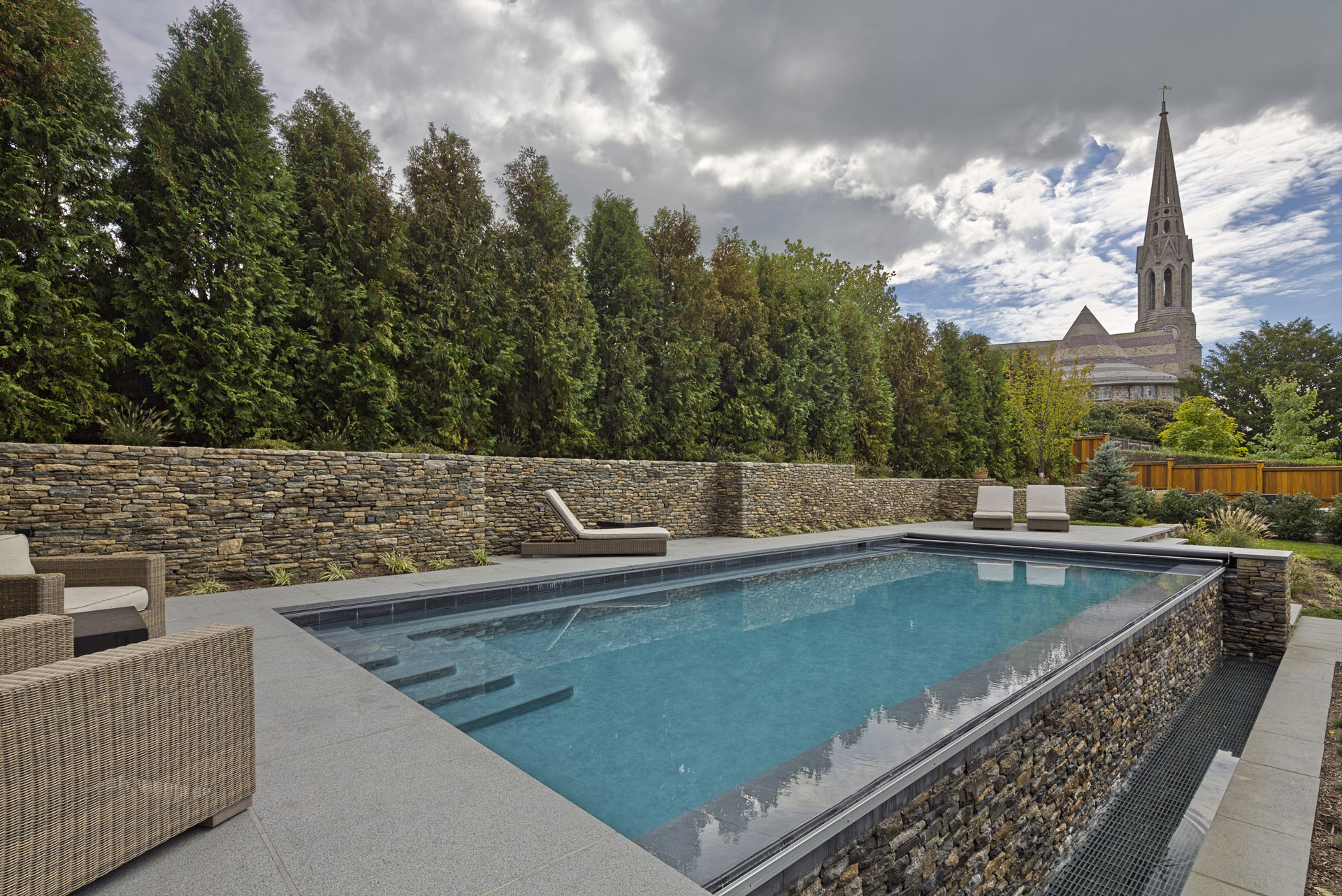
Free Chlorine Vs Combined Chlorine Shoreline Pools

When To Use A Chlorine Free Shock Oxi Chlorine Free Shock Oxidizer Clorox Pool Spa Youtube
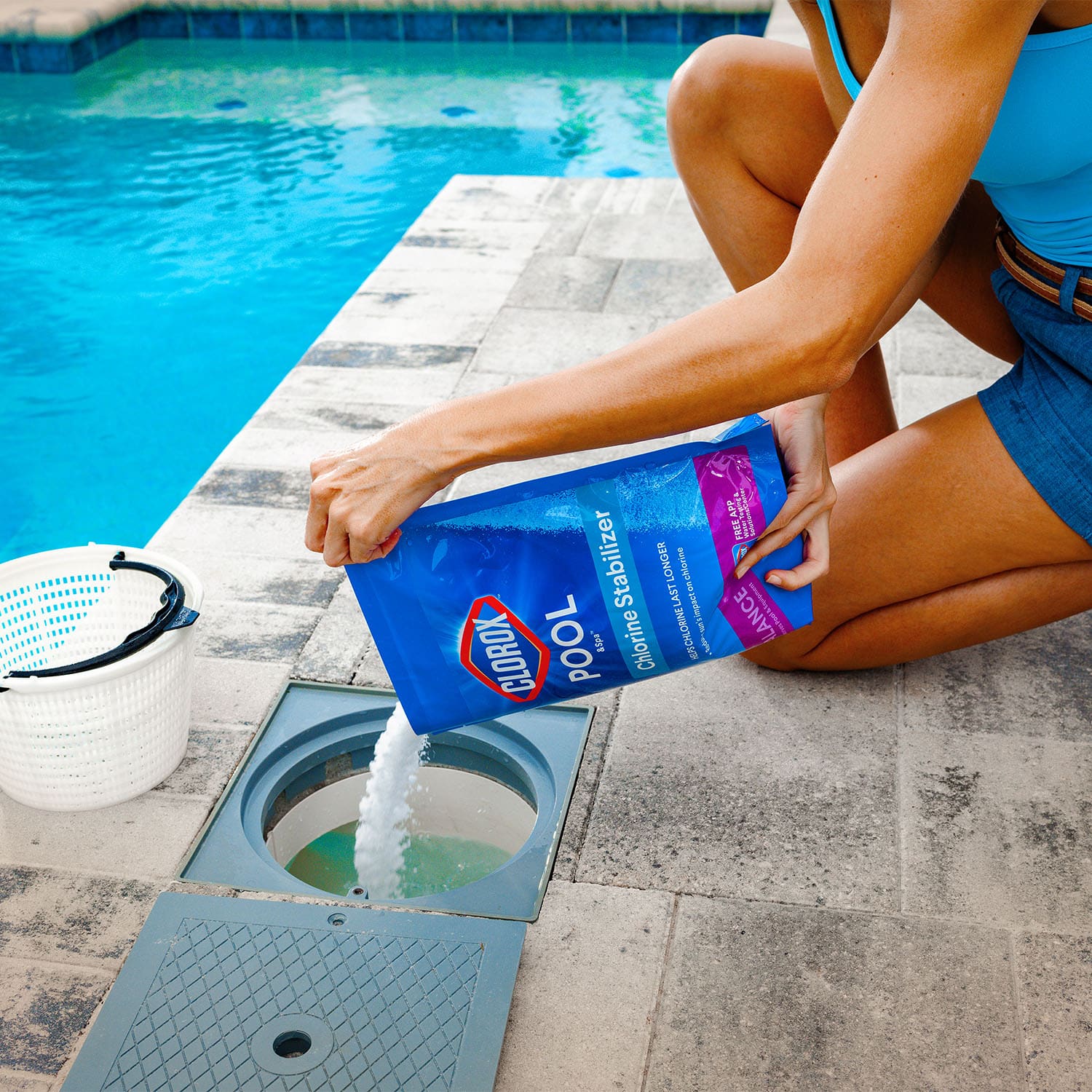
What Is Cyanuric Acid Cya Clorox Pool Spa
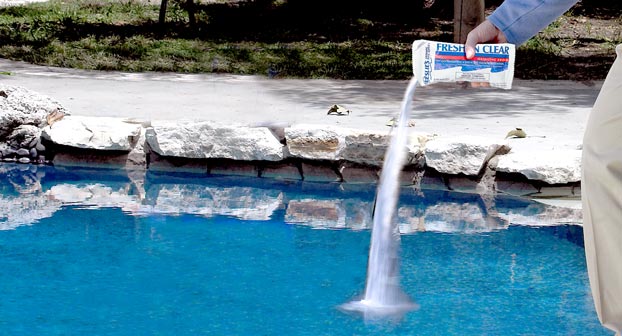
The Benefits Of Non Chlorine Shock

A How To Guide 7 Tips To Lower Chlorine Levels In Your Pool

A How To Guide 7 Tips To Lower Chlorine Levels In Your Pool
Fixing Free Chlorine Level Fcl Problems In Saltwater Swimming Pools Thesummerpools Com
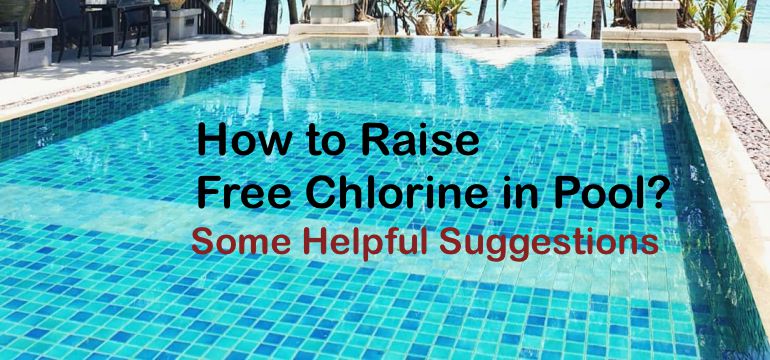
How To Raise Free Chlorine In Pool Some Helpful Suggestions
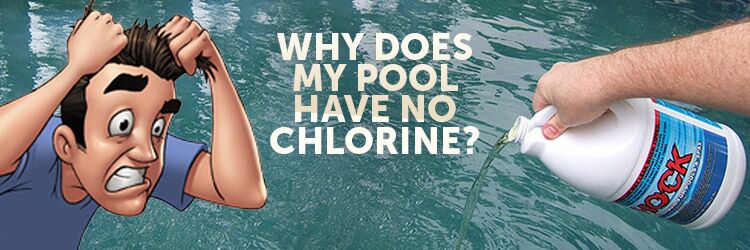
Why Does My Pool Have No Chlorine Reading After Adding Chlorine

How To Read A Pool Test Strip Color Chart Clorox Pool Spa

How To Reduce Pool Or Spa Chlorine Levels Intheswim Pool Blog
